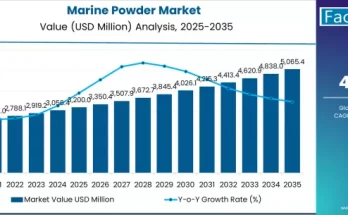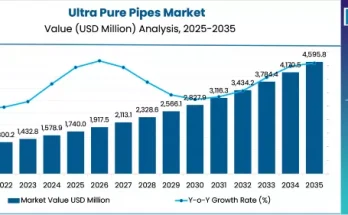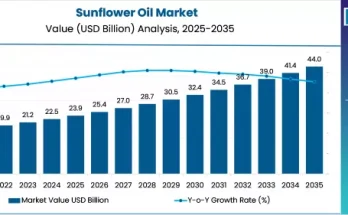Role of Analytics in the Food Industry
The food industry is constantly evolving, with changing consumer preferences, new regulations, and increasing pressure to improve efficiency and reduce waste. In this dynamic environment, data analytics is becoming increasingly important, helping food companies to make data-driven decisions and stay competitive in the market.

Moreover, analytics plays a crucial role in the food industry, helping companies to improve their operations, increase efficiency, and make data-driven decisions. There are many companies that offer analytics solutions for the food industry. Here are a few examples:
- IBM Food Trust is a blockchain-based platform that helps food companies track the movement of food products through the supply chain. The platform uses analytics to provide real-time insights into food safety, quality, and compliance.
- FoodLogiQ is a cloud-based platform that helps food companies track and manage their supply chain operations. The platform uses analytics to provide real-time data on inventory, quality, and safety, helping companies reduce waste and improve efficiency.
- Sensient Technologies is a global food ingredients company that offers a range of analytics solutions for the food industry. The company uses data analytics and artificial intelligence to help food companies improve their product development, quality control, and customer insights.
- Ecolab is a provider of cleaning, sanitizing, and food safety solutions for the food industry. The company uses analytics to help food companies monitor and improve their food safety processes, reducing the risk of foodborne illness.
- NielsenIQ is a data analytics company that provides insights into consumer behavior and market trends. The company offers a range of solutions for the food industry, including market research, pricing analytics, and product development insights.
Analytics can help food companies in the following ways:
- Supply Chain Optimization: Analytics can help optimize supply chain operations by identifying inefficiencies, reducing waste, and improving forecasting accuracy. This can help food companies to manage their inventory better, reduce costs, and ensure that products are delivered to customers on time.
- Quality Control: Analytics can help food companies monitor the quality of their products by analyzing data from sensors and other devices in the production process. This can help companies detect and prevent quality issues before they occur, ensuring that products meet safety and quality standards.
- Customer Insights: Analytics can help food companies understand customer behavior and preferences, enabling them to create personalized experiences and improve customer satisfaction. For example, analytics can help companies to identify popular menu items, understand which promotions are most effective, and track customer feedback.
- For instance, The Israeli-based company developed artificial intelligence-driven data analytics that helps food brands make smarter decisions around product development, marketing, and retail sales for their next healthy, sustainable, and delicious product. It also monitors more than 1 million restaurants across the world and connects food brands with those eager to try their foods.
- Food Safety: Analytics can help food companies monitor food safety by analyzing data from sensors and other devices that monitor food quality and safety. This can help companies detect potential safety issues and take corrective action before products reach customers.
- Product Development: Analytics can help food companies develop new products and improve existing ones by analyzing consumer preferences, market trends, and ingredient costs. This can help companies to create products that meet the needs of their target customers and are profitable to produce.
- Inventory Management: With the help of analytics, food industry businesses can optimize their inventory management by using data to forecast demand, manage stock levels, and avoid wastage. They can use historical sales data to predict the future direction and adjust production and inventory accordingly. This can help them save on storage and transportation costs, and reduce the risk of stockouts or overstocking.


